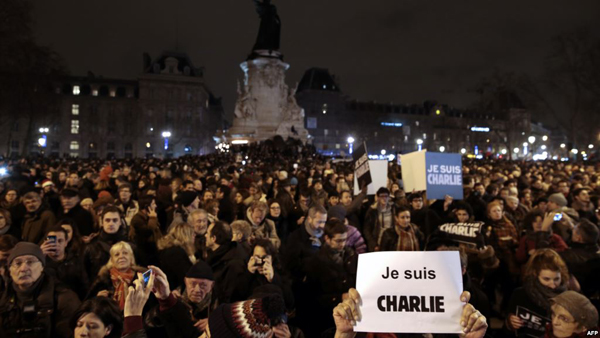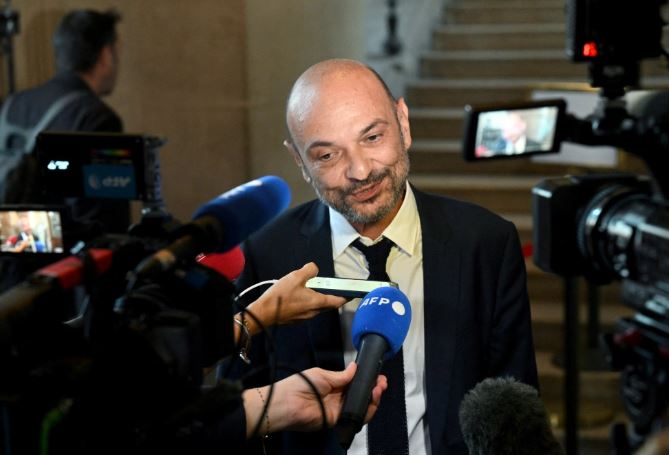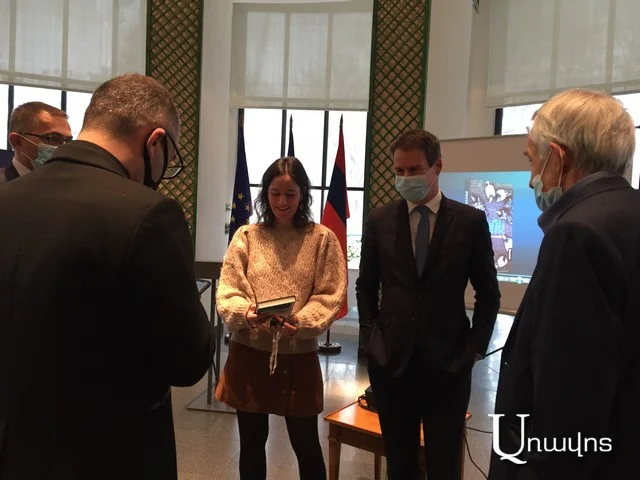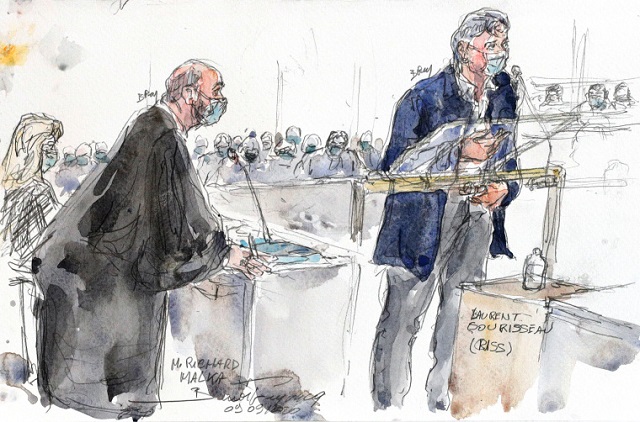According to Arabic philologist Araks Pashayan, Islamophobie will get a new impetus in Europe, the nationalistic forces will start more intensively fighting against penetration of Islam and immigrants. The terrorist attacks on “Charlie Hebdo” weekly editorial in the morning of January 7, which took the lives of 10 journalists of the satirical weekly and 2 policemen, which was followed by murder of 5 more people: four hostages and one policeman, seethed the progressive world. Yesterday, a protest with participation of more than one million people was organized in Paris, which was attended not only by French, but also delegates arrived from various countries of the world to show their solidarity against terrorism and for the freedom of expression.
The fact that killing a person for spoken or printed word, a picture and a caricature is not exposed to any logic seems to be indisputable, but the debate commenced all over the world regarding the occurrence after the event of Charlie Hebdo shows that it is possible to argue on this issue, too. There are even people among non-Muslims and Christians who think that “no need to offend people’s religious feelings, otherwise be prepared for everything, including such an extreme punishment.” This view is countered by the opinion voiced by millions of people in Paris yesterday: freedom of speech is a paramount value, you can discuss, criticize and ridicule everything and everyone, including religion, and no one has the right to kill a person for it.
What could this clash of opinions, this incompatibility of value systems lead? What a thing or things could the slaughter that took place in the heart of Europe follow? How much water will this dough take? We tried to get the answers to these questions from the Arabic philologist, scientific researcher at the Institute of Oriental Studies, Associate Professor Araks Pashayan. According to A. Pashayan, what happened against “Charlie Hebdo” was expected. “It was preceded by a series of religiously motivated terrorist acts, acts of violence, the caricatures of the Prophet Mohammed were published many times. Recall how the 12 caricatures about the Islamic prophet published in Danish Jyllands-Posten Daily in 2005 caused an international crisis, and is known as “cartoon war”. Europe will keep discussing the incident for a long time. In my opinion, the Paris terrorism on January 7 has many edges with the terrorism in New York in September 11, 2001 with its sonority and drama. It was followed by many cornerstone events. I think that the Paris terrorism will also be followed by cornerstone processes of European and international importance.”
Araks Pashayan mentions, “Today, it is much of the discussion whether the free speech has the right to ridicule religious sanctities. I think that there is no definite answer to this question. The issue has another sonority in the European context, while in the Islamic – another. Europe uses its right to freedom of expression, for which it has fighting for a long time. Caricature has more than a hundred years of history in France. In Europe, it is accepted to caricature their own government, royal families, the Pope, religious leaders, Jesus Christ, and other topics. We need to take into account that in many cases the caricaturists are atheists, and perhaps, it is difficult for them to understand the meaning of sanctities. In other words, there is a clash of civilization and cultural perceptions between the West and the Islamic world, or in other words, there are differences in religious and secular approaches. This issue can be solved through intercultural dialogue, but not the violence.”
Read also
Does the difference between civilization and cultural perception between the West and the Islamic world mean that there is like-mindedness in the Islamic world: ridiculing religious feelings is definitely a punishable act? To this question of “Aravot”, Mrs. Pashayan replied, “It is very difficult to understand an artist imbued with European fundamental values that the Muslims are extremely offended by ridiculing the Prophet Muhammad, because for the Muslims Islam is not only a religion, a creed, but a lifestyle, a mindset, identity and so on. At the same time, what is associated with the Islamic religious extremism, first of all, is a threat to Islam as a religion, a civilization, and also to the Muslim population in the world, including the same Islamic communities living in Europe. Today, the entire Muslim world is criticizing the incident. Actively is discussed why Islam is serving the terrorism; opinions are voiced about the necessity to reform Islam.”
To our question that obvious the situation is tense and still no signs of de-escalation is observed, so what could happen in the worst case, until where the escalation can reach, Mrs. Pashayev replied, “We still do not know who the real customers are. This terrorism, I believe, will serve different centers of force to raise their questions and to re-establish their positions. And if the customer is the “Islamic state”, then France and the same Europe have much to re-evaluate and review, particularly in the Middle East policy, including the position towards Syria, the Syrian conflict and the Syrian government, because they also bear a responsibility on enhancement of “Islamic state” and militant Islamism. They instructed religious fanatic jihadists against the Assad regime, considering them fighters for democracy, but when they kill the French, the estimates are different.” The counteraction is already observed; anti-Islamic forces began to rise in France and Germany, which are full of Muslims, calls are voiced to “cleanse the country.”
Is it possible that the counteraction grows in Europe so that the fascist-racist movement rises? To this question of “Aravot”, Araks Pashayan replied, “Europe will continue solidarity with the French cartoonist, Europeans will reaffirm that they will continue to be consistent to European fundamental values. All of this is understandable. While racism cannot be beneficial to Europe. Europeans should try to use this opportunity to discuss issues in a new way related to the present and the future of Europe, to understand Europe’s vision, as well as to reveal of reasons for religious fanaticism. Ultimately, religious extremist sentiments do not constitute a large percentage in European Muslim communities. In any case, the reasons of created crises are actually much deeper; the problem is very capacious.”
Melania BARSEGHYAN

























































